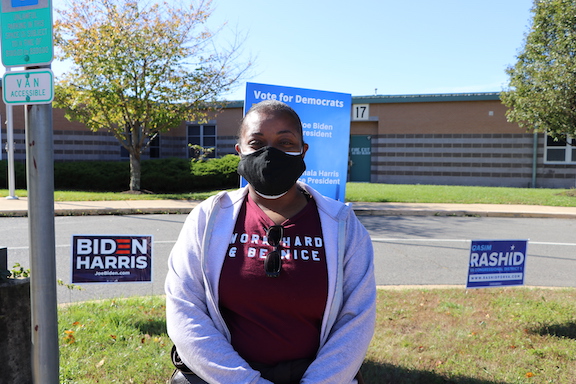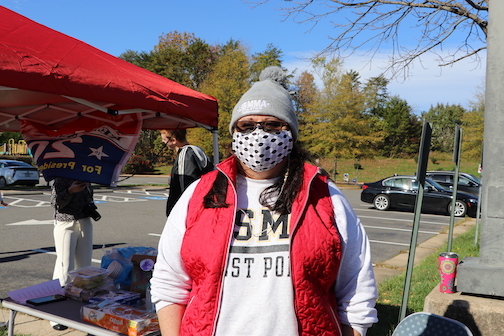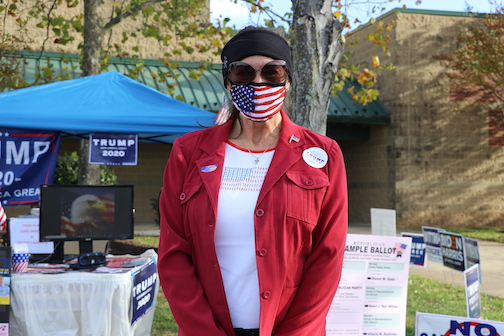WASHINGTON — Suburban women were a key pillar of Donald Trump’s 2016 election, but they are projected to flip and support Democratic presidential nominee Joe Biden in the 2020 election.
During a rally in Johnstown, Pa. on Oct. 13, President Trump riffed off of criticism for using the term “suburban housewife” and claims that he will not poll well among suburban women, saying, “Suburban women, will you please like me?”.
While the majority of women (54%) voted for Hillary Clinton in 2016, the majority of white women (53%) voted for Mr. Trump, according to exit poll data.
Suburban areas that Trump narrowly won have been trending increasingly blue since then, and both President Trump and Democratic presidential nominee Joe Biden have been trying to appeal to suburban women.
The share of college-educated women, many of whom live in the suburbs, who vote for Republicans has fallen since 2016, according to Exit polls.
However, as the suburbs diversify and include more women of color, so too has the voting divide among suburban women.
Chenai Malloy, 35, a volunteer in Prince William County, lives in the suburbs, but she doesn’t identify as a suburban mom, a title that she feels is synonymous with white women.
“I guess I do live in the suburbs. I don’t think of myself as like a suburban mom,” Malloy said. She hopes that the term “suburban women” will grow and include the experiences of women of color in the suburbs as well.
The Washington Post-Schar School poll of 908 likely voters in Virginia in October found that about 52% of voters would support Biden and 41% Trump, with Biden leading especially across Northern Virginia and the Richmond area.
Linh My Collier, in Prince William County, lives in the suburbs and says that Trump has her vote, not because she is a suburban women, but because she supports low taxes and is anti-abortion.
“Like, why should I pay for your birth control pills?,” Collier said. “But I shouldn’t have to pay for you to do that. That’s your choice. Or I shouldn’t pay for someone’s cigarettes. Or if you want to do that, that’s your body, you can. But I don’t want to pay for the consequences of your choices. And I think that’s fair.”
For Janine Wohlrab, a volunteer who lives in suburban Virginia, Trump’s leadership and international posturing has her vote.
“I, as a woman, am a patriot. It means a lot that my country is represented and looked on in strength and that people see us as a light in the world,” Wohlrab said. “I think that President Trump has achieved that.”
Emily Cherry, 40, a teacher, lives in suburban Virginia and has volunteered for every presidential election since college, for about two decades.
As a suburban mom of two, Cherry is glad that presidential campaigns are zeroing in on the interests of women across the suburbs. However, she said that politicians’ conceptions of suburban women are “outdated” and “don’t really appeal to” her.
“I don’t just want my husband to go back to work,” Cherry said. “I have a job and I care about my career also. I don’t want minorities and poor people not to have a place in my community. I want them to have a place in my community, I want it to be diverse.”
In addition to encouraging diversity within suburbs, Cherry worries about issues like climate change because she feels unsure about what “will happen to the climate for my kids” and gun policy, which makes her “fear for my kids’ safety.”
In the wake of Justice Ginsburg’s passing, Cherry is especially worried for her daughter’s future.
“I have a daughter who’s young. I’m afraid about questions that I’d never even thought about: like is birth control is going to be legal for her? Her ability to make decisions about her own body things that I always take it for granted, I don’t know that my five-year-old is going to have in the future.”




